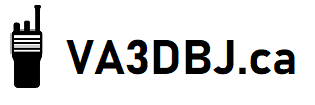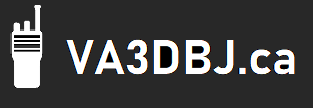Google is planning to restrict modern ad blocking Chrome extensions to enterprise users only. This is despite a backlash to an announcement by Google in January proposing changes that will stop certain ad blockers from working efficiently.
The proposal–dubbed Manifest V3–will see a major transformation to Chrome extensions that includes a revamp of the permissions system. It will mean modern ad blockers such as uBlock Origin—which uses Chrome’s webRequest API to block ads before they’re downloaded–won’t work. This is because Manifest V3 sees Google halt the webRequest API’s ability to block a particular request before it’s loaded.
A single sentence buried in the text of Google’s response to the complaints, which clarified the changes: “Chrome is deprecating the blocking capabilities of the webRequest API in Manifest V3, not the entire webRequest API (though blocking will still be available to enterprise deployments).”
In other words, paid enterprise-only users will still have the ability to block unwanted content. It probably means enterprise customers can develop in-house Chrome extensions, not for ad blocking use. For everyone else, the changes announced in January will remain the same.
It’s annoying, to say the least, but the reason for these changes is obvious: Ads are at the heart of Google’s business model.
There are many users who won’t use Chrome without an ad blocker, so it will see some switch to other providers such as Firefox. However, Firefox has had its own issues over recent weeks.
So, now might be the time to switch to another browser, such as Brave. Brave is built upon Chromium so all existing Chrome plugins and even themes work on it and reduces your digital footprint, protecting your privacy.
Another option is using DNS level methods that blacklists adverts as well as malicious URLs.













